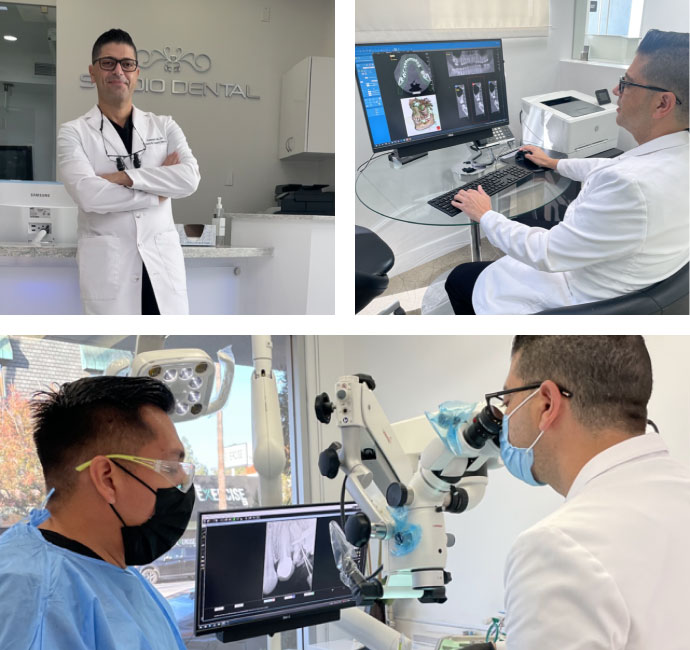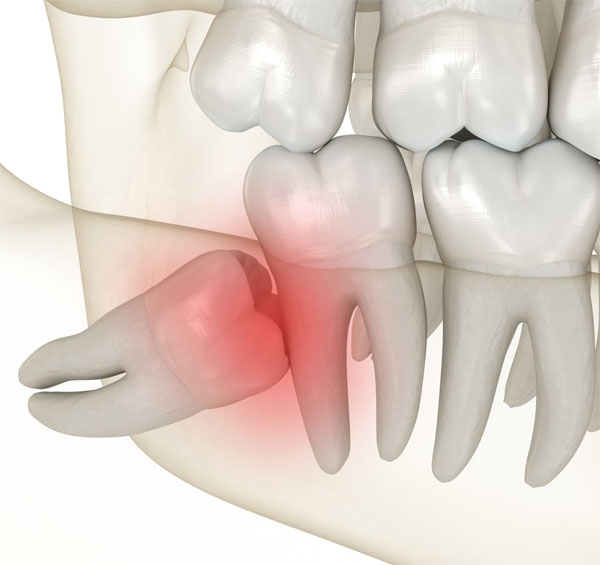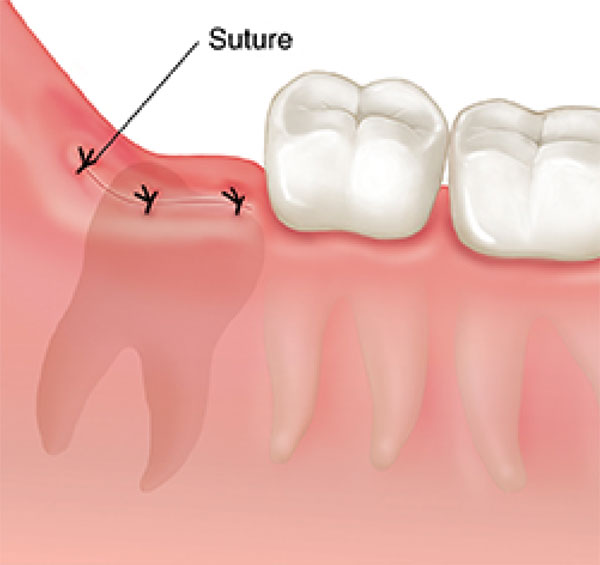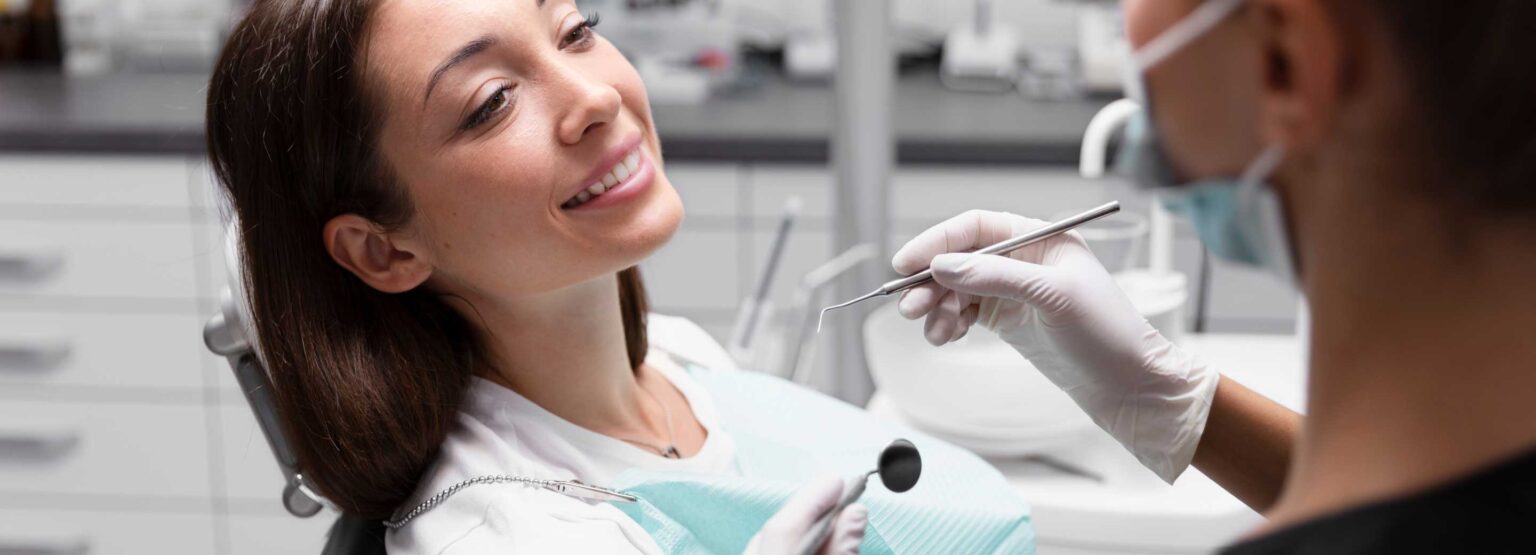WISDOM TEETH REMOVAL
WISDOM TEETH REMOVAL
CONTACT US
CLEANING
IS WISDOM TEETH REMOVAL NECESSARY?
It is important to speak to your dentist about your unique needs relating to wisdom teeth removal (also referred to as wisdom tooth extraction). Generally, dentists recommend removing wisdom teeth to avoid long-term problems of pain, infection, or tooth decay, but individual cases vary widely.
If your wisdom teeth are impacted and can’t erupt through the gum, they can cause damage to adjacent teeth because of their position. Healing time is much more predictable in younger people with stronger immune systems, which is why dentists recommend having wisdom teeth removed earlier in life to prevent infections and complications later down the line
HOW CAN I PREPARE FOR WISDOM TEETH REMOVAL?


WHAT HAPPENS DURING THE WISDOM TEETH REMOVAL PROCESS?
- Local anesthesia to numb the inside of your mouth
- Sedation anesthesia also know as IV Sedation or Twilight Sedation, to reduce your level of consciousness
PROCESS
STICHES AFTER WISDOM TOOTH REMOVAL?
Sometimes, stitches may be necessary to help the gums heal after a removal procedure, but each case is different. After the procedure, we consult every patient on how to best handle stitches or sutures before going home. Sometimes they dissolve naturally or with gentle brushing in just a few days’ time. Other times, a doctor needs to remove the stitches at a postoperative follow up visit.


WISDOM TOOTH REMOVAL RECOVERY
After wisdom tooth removal, most people experience temporary swelling and discomfort on the side of the face that just had the procedure. This swelling tends to be most severe during the first 48 hours, but then gradually decreases.
To reduce pain and swelling, apply ice or a cold compress to the area for a few minutes, several times a day. It may also help to eat soft, cold foods and consume cold drinks.
Many people experience other symptoms post-surgery, such as:
- Sensitivity in other teeth that can last a few weeks
- Minor bruising
- Oozing of blood from wound or socket
- Sore mouth for approximately a week
- Bad breath for a week or less
EXERCISE
EXERCISING AFTER ORAL SURGERY
WHAT CAN I EAT AFTER WISDOM TEETH REMOVAL?
Immediately following wisdom tooth removal, you will only be able to eat soft foods and consume liquids. This is to prevent any complications, pain, and discomfort. Harder and crunchy foods should be avoided because they can get trapped in recovering wisdom teeth removal sites and dislodge blood clots that lead to severe pain and dry pocket formation.
If a blood clot dislodges before the wound site heals, underlying bone and nerves can become exposed, which is extremely painful. A dry socket requires emergency dental treatment.
Foods that are recommended are: soups and broths, mashed potatoes, mashed bananas, eggs, applesauce, smoothies, and salmon.
Foods that should be avoided until your dentist gives you the okay includes: spicy and acidic foods, hard and crunchy foods, and alcoholic beverages.
- ORAL SURGERY INSTRUCTIONS

SUMMARY
SUMMARY
Usually the benefit of removing impacted or hard to reach wisdom teeth by far outweighs the risk of keeping them. Patients with removed wisdom teeth are less likely to end up with dental problems in their adult years and the procedure generally tends to improve the overall oral health. As such, it is more often than not a very good idea.

Coverage
Check Your Insurance plan
Lets do a quick check to determine if we accept your insurance plan.
Over 200 5-STAR Reviews





